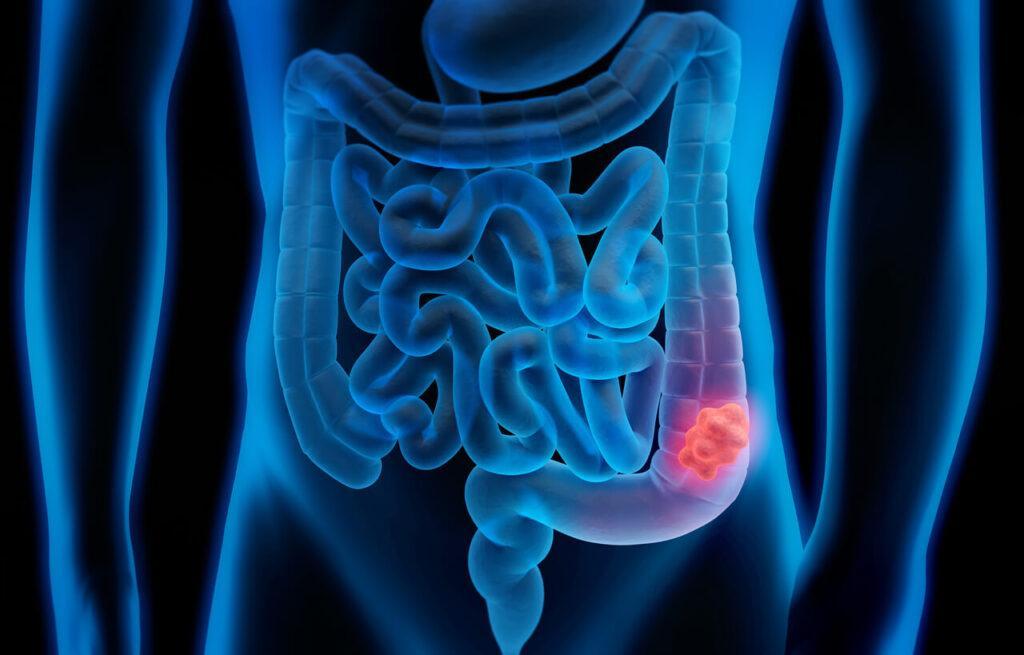Results of a new study “support recommendations that shifting to a healthy plant-based dietary pattern is important for the prevention of colorectal cancer”.
 “Plant-based diets are associated with a lower risk of colorectal cancer, but the risk might differ by the quality of plant-based diets”, states the study, published in the journal Food & Function. “This study aimed to investigate the association between different types of plant-based dietary patterns and colorectal cancer risk in the Chinese population.”
“Plant-based diets are associated with a lower risk of colorectal cancer, but the risk might differ by the quality of plant-based diets”, states the study, published in the journal Food & Function. “This study aimed to investigate the association between different types of plant-based dietary patterns and colorectal cancer risk in the Chinese population.”
Researchers conducted a case-control study with 2799 eligible colorectal cancer cases and 2799 sex- and age-matched controls in Guangzhou, China. “A validated food frequency questionnaire was used to collect dietary data, from which we derived plant-based diet indices, including the plant-based diet index (PDI), the healthy PDI (hPDI), and the unhealthy PDI (uPDI).”
The PDI, hPDI, and uPDI assess the adherence to overall, healthy, and unhealthy plant-based dietary patterns, respectively. The odds ratios (ORs) and 95% confidence intervals (CIs) for colorectal cancer risk were estimated using unconditional logistic regression models.
“Higher adherence to the PDI, particularly the hPDI, was associated with a lower risk of colorectal cancer, whereas greater adherence to the uPDI was associated with a higher risk of colorectal cancer”, states the study. “Compared with the lowest quintile, the adjusted ORs in the highest quintile were 0.79 (95% CI: 0.66-0.95) for the PDI, 0.45 (95% CI: 0.38-0.55) for the hPDI, and 1.45 (95% CI: 1.18-1.78) for the hPDI, respectively.”
In stratified analysis, “the inverse association between the PDI and colorectal cancer risk was not observed in women, and the positive association between the uPDI and colorectal cancer risk was not observed in men.”
In conclusion, “these results support recommendations that shifting to a healthy plant-based dietary pattern is important for the prevention of colorectal cancer, particularly in the Chinese population that habitually consumes plant foods.”
Below is the study’s abstract:
Abstract
Plant-based diets are associated with a lower risk of colorectal cancer, but the risk might differ by the quality of plant-based diets. This study aimed to investigate the association between different types of plant-based dietary patterns and colorectal cancer risk in the Chinese population. We conducted a case-control study with 2799 eligible colorectal cancer cases and 2799 sex- and age-matched controls in Guangzhou, China. A validated food frequency questionnaire was used to collect dietary data, from which we derived plant-based diet indices, including the plant-based diet index (PDI), the healthy PDI (hPDI), and the unhealthy PDI (uPDI). The PDI, hPDI, and uPDI assess the adherence to overall, healthy, and unhealthy plant-based dietary patterns, respectively. The odds ratios (ORs) and 95% confidence intervals (CIs) for colorectal cancer risk were estimated using unconditional logistic regression models. Higher adherence to the PDI, particularly the hPDI, was associated with a lower risk of colorectal cancer, whereas greater adherence to the uPDI was associated with a higher risk of colorectal cancer. Compared with the lowest quintile, the adjusted ORs in the highest quintile were 0.79 (95% CI: 0.66-0.95) for the PDI, 0.45 (95% CI: 0.38-0.55) for the hPDI, and 1.45 (95% CI: 1.18-1.78) for the hPDI, respectively. In stratified analysis, the inverse association between the PDI and colorectal cancer risk was not observed in women, and the positive association between the uPDI and colorectal cancer risk was not observed in men. In conclusion, these results support recommendations that shifting to a healthy plant-based dietary pattern is important for the prevention of colorectal cancer, particularly in the Chinese population that habitually consumes plant foods.
- 1Department of Epidemiology, School of Public Health, Sun Yat-sen University, Guangzhou 510080, China. zhangcx3@mail.sysu.edu.cn.
- 2Department of Experimental Research, Sun Yat-sen University Cancer Center, State Key Laboratory of Oncology in South China, Collaborative Innovation Center for Cancer Medicine, 651 Dongfeng Road East, Guangzhou 510060, China. fangyj@sysucc.org.cn.
- 3Guangdong Provincial Key Laboratory of Food, Nutrition and Health, Guangzhou 510080, China.
